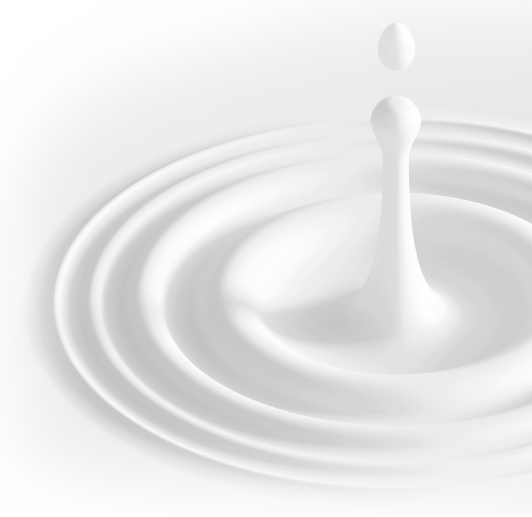Isolating and embedding photosystems
In leaves, the photosystems 1 and 2 utilise light energy very efficiently; this is required for converting carbon dioxide into oxygen and biomass. The Bochum researchers’ bio-based solar cell, on the other hand, generates electricity rather than biomass. Prof Rögner’s team isolated the two photosystems from thermophilic cyanobacteria that live in a hot spring in Japan. Because of their habitat and behaviour, their photosystems are much more stable than comparable proteins of species that do not occur under extreme environmental conditions. Prof Schuhmann’s team developed complex electron-conducting materials, so-called redox hydrogels. The researchers embedded the photosystems into these hydrogels in order to connect them to the electrodes of the photovoltaic cells.
